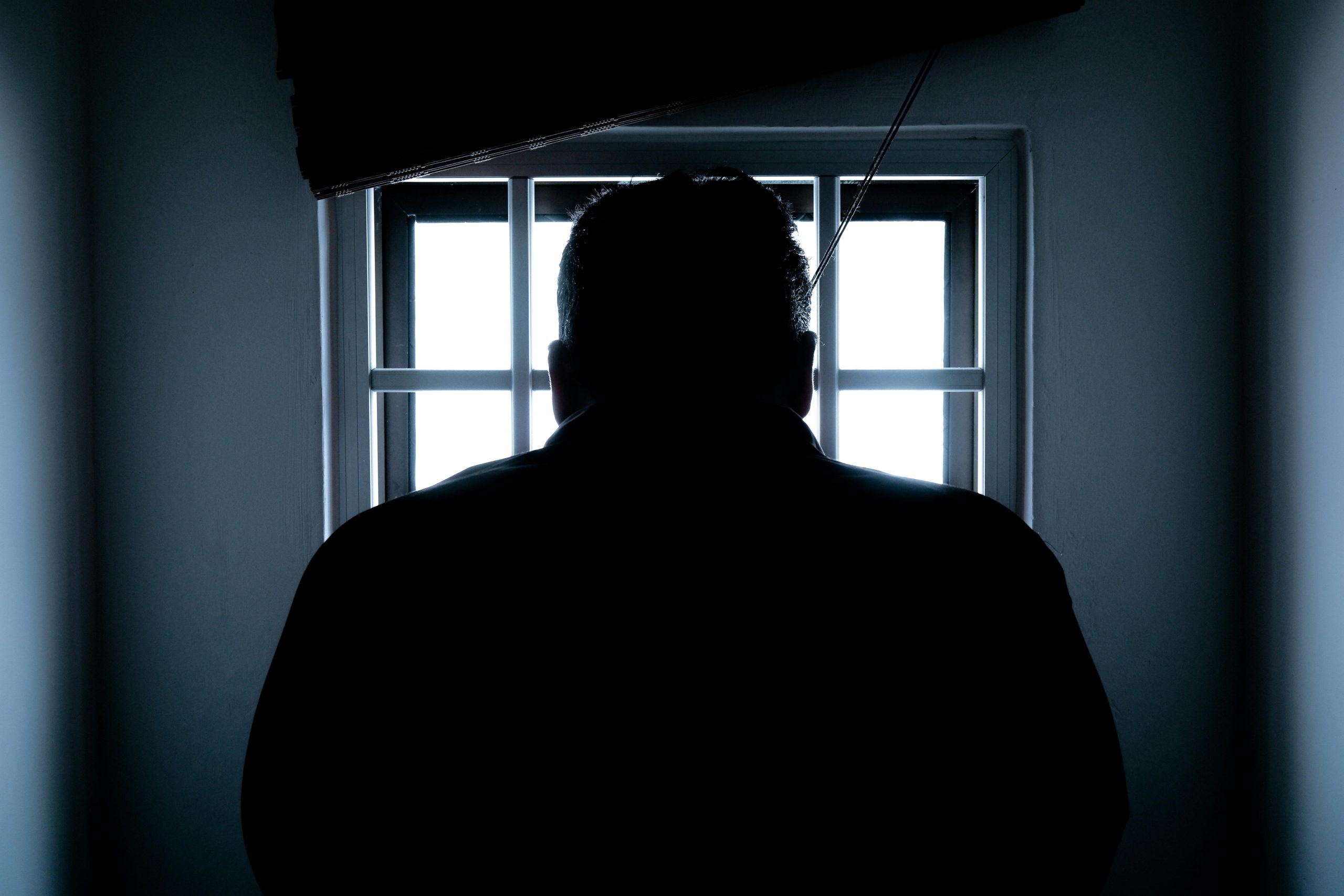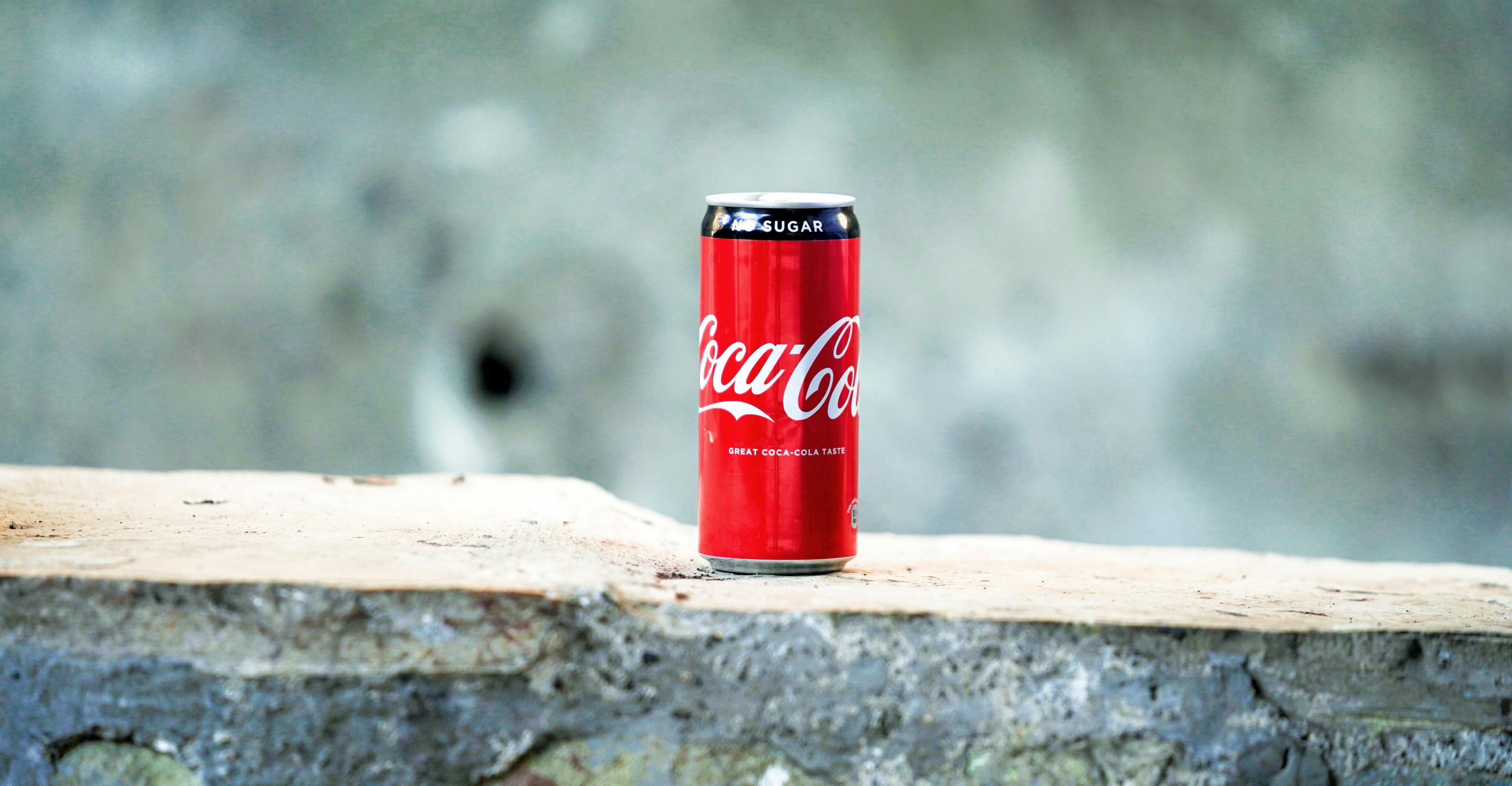Maine prisoners are changing the definition of rehabilitation. Instead of shovels, they’re programming websites

The US state of Maine has pioneered a completely new approach to prisons. It is the first in the US to allow prisoners to work and study remotely – from a cell in a closed facility, but with full access to modern technology. And the results are stunning.
While most American states rely on strict regimes, isolation and minimal contact with the outside world, Maine decided to try the opposite. Prisoners here are given the opportunity to learn new professions that are meaningful even after release. With secure, supervised Internet access, they can legally work for real companies from their cells – whether as programmers, designers, legal assistants or webmasters.
The project has become a symbol of the modern approach to corrections: instead of punishment, it brings opportunity. Some prisoners even earn more than their guards as a result. Paradoxically, this creates an environment behind bars that is closer to the reality of outside working life than many retraining programmes outside prison.
The results speak volumes – the recidivism rate has dropped from the original 25% to a staggering 0.05%. In other words, almost none of the program participants return to prison after release. This is a staggering difference compared to the national average.
The idea was conceived by a group of education and digital security experts who wanted to connect the world of technology with resocialization. In practice, it works by giving prisoners courses in programming, web writing, basic law or economics. Some join IT companies after their sentences, others set up their own businesses.
Employers involved in the project describe these workers as extremely motivated and loyal. “They have a second chance and they take it seriously. They do every task with tremendous commitment,” says one of the programme partners.
The Maine model is now inspiring other U.S. states and foreign countries. Experts point out that the approach can be both cheaper and more effective than traditional prison systems – and it’s changing perceptions of what “corrections” means.
In this way, Maine shows that prison doesn’t have to be the end, but can be the beginning of a new career. All it takes is offering opportunity, trust, and access to technology. The “work/life balance” revolution has just begun – and the world is watching with wide eyes.
Photo source: www.pexels.com
Author of this article
WAS THIS ARTICLE HELPFUL?
Support us to keep up the good work and to provide you even better content. Your donations will be used to help students get access to quality content for free and pay our contributors’ salaries, who work hard to create this website content! Thank you for all your support!





OR CONTINUE READING